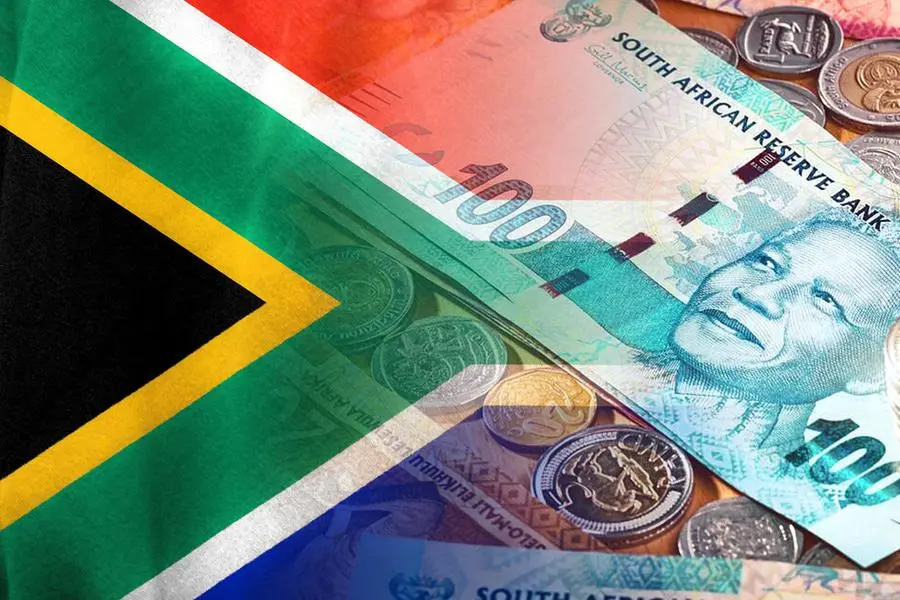PHOTO
Unstable and weakening local currencies, foreign currency shortages and poor infrastructure are squeezing trade in Africa, a new report by South Africa's Standard Bank said.
The 2023 Standard Bank Trade Barometer report unveils the challenges faced by African businesses in ten countries as they seek to grow domestic, regional, and international trade.
Created by Standard Bank - the continent's biggest bank by assets - the Trade Barometer provides data on South Africa, Nigeria, Kenya, Angola, Ghana, Mozambique, Namibia, Tanzania, Uganda, and Zambia.
The report says 7 out of 10 countries recorded currency depreciation against the US dollar between 2021 and 2022, and further currency depreciations are expected in 2023, largely due to interest rate hikes in the US which bolster the dollar.
In addition, many of these countries are experiencing exchange rate volatility and capital flight fueled by higher interest rates in advanced economies, it said.
The weakened currencies are also behind rising sovereign debt and worsening foreign currency shortages.
While the majority of the 10 countries in the report have recorded strong economic growth following the COVID-19 pandemic, most have been affected by tightening global financial conditions, the impact of Russia’s invasion of Ukraine, and persistent climate threats, according to the survey.
"Collectively, these headwinds are significantly impeding business growth and cross-border trade as enterprises struggle to acquire foreign currency to cover imports," Philip Myburgh, Head of Trade & Africa-China, said in the report.
"Overall, the ease of intra-African trade sentiment remains constrained by negative perceptions of infrastructure, complex policies and high import and export duties."
Most businesses reported the state of power supply, notably in South Africa, Tanzania and Nigeria, followed by road and rail infrastructure, in countries such as Zambia, as a significant obstacle to their operations.
Although business confidence was improving in many of the countries surveyed, South Africa bucked the trend due to a prolonged power crisis.
(Editing by Seban Scaria seban.scaria@lseg.com)




















